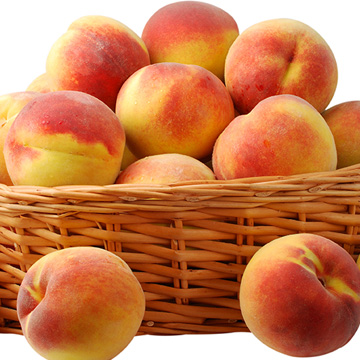Keeping Life Peachy

Studies show that as plant food consumption increases the risk of lifestyle related diseases, such as obesity and some forms of diabetes and heart disease, have substantially decreased. If you are able to enjoy 3 to 4 servings of fruit per day you can increase your energy level, improve your hair and skin health while also decreasing your risk of macular degeneration. Eating fresh seasonal fruit offers your body the widest range of vitamins and minerals. Now is the time to purchase peaches, plums, apricots and nectarines. The multiple varieties of stone fruits offer your body antioxidants to improve your health and wellbeing.
Peaches are my favorite mid-August indulgence. Their fuzzy exterior and juicy flesh provide anti inflammatory properties and can reduce bad cholesterol levels. Peaches are a great addition to a green salad, your morning breakfast routine, or even on the grill. Be watching the Clearly Organic blog for recipes including peaches and other stone fruits.


